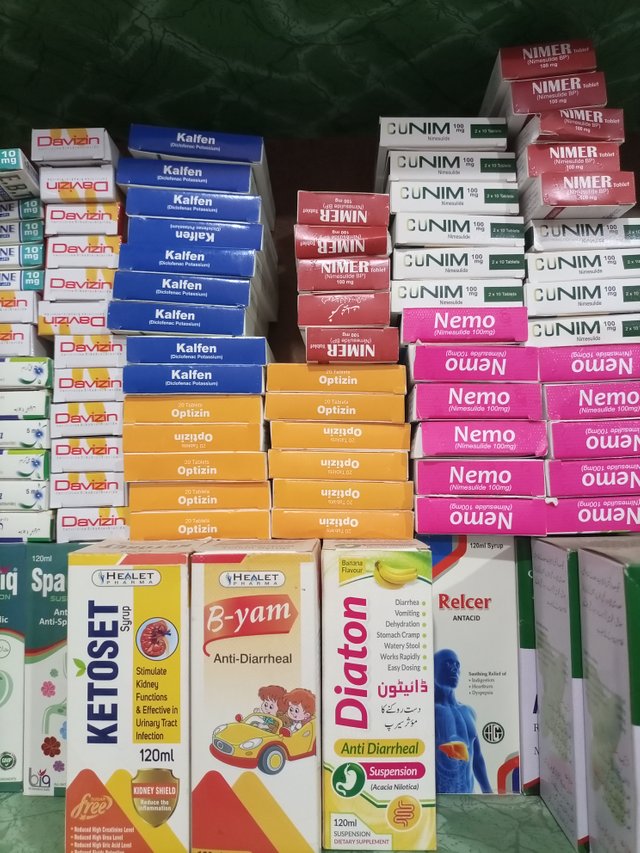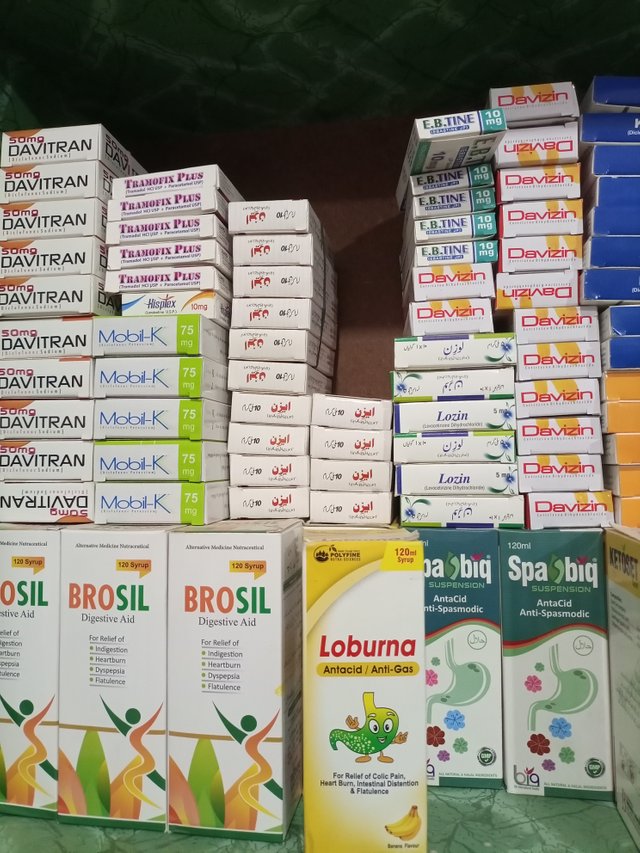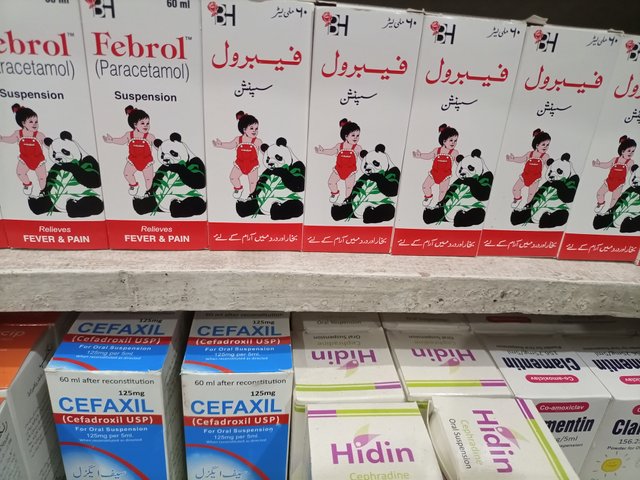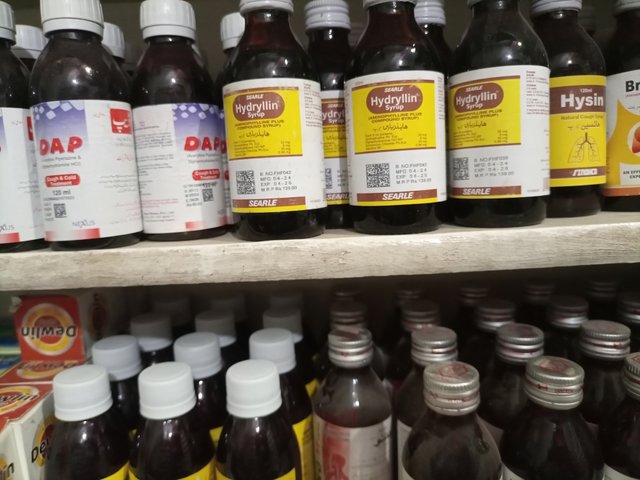Morning to night work in medical store and benefits
Morning to night work in medical store




Working in a medical store is a demanding yet rewarding job. The responsibilities range from managing inventory, assisting customers with their prescriptions, and providing crucial health information. This article explores a typical day in the life of a medical store worker, highlighting the tasks and challenges they face from morning to night.
Morning
Opening and Preparing
Opening the Store
The day usually begins early, around 8:00 AM, with the opening of the store. The first task is to unlock and set up the store for the day. This includes turning on the lights, ensuring the cash register is ready, and checking that the store is clean and organized.
Inventory Check
Before customers arrive, it's essential to conduct an inventory check. This involves verifying that all medications and supplies are adequately stocked and checking for any expired items that need to be removed. It's also a time to place orders for any items that are running low.
Preparing Prescriptions
Many customers drop off prescriptions early in the morning. Preparing these prescriptions is a critical task that requires accuracy and attention to detail. This involves checking the doctor's prescription, counting pills, labeling bottles, and ensuring that all instructions are clear and correct.
Midday
Assisting Customers and Managing Operations
Customer Service
As the day progresses, the store sees a steady flow of customers. Providing excellent customer service is a primary responsibility. This includes helping customers find over-the-counter medications, answering questions about various health products, and providing advice on common health issues.
Handling Prescriptions
Throughout the day, the primary focus is on handling prescriptions. This involves processing new prescriptions, refilling existing ones, and ensuring that all medications are dispensed correctly. Pharmacists and technicians must be vigilant to avoid errors and ensure patient safety.
Consultation and Advice
Medical store workers often serve as a first point of contact for health-related questions. They provide consultations on minor ailments, recommend appropriate medications, and advise when to seek further medical attention. This requires a good knowledge of pharmaceuticals and excellent communication skills.
Afternoon
Maintaining Efficiency
Inventory Management
In the afternoon, there's usually a lull in customer traffic, providing an opportunity to manage inventory. This includes receiving new shipments, restocking shelves, and organizing storage areas. Proper inventory management ensures that the store runs smoothly and efficiently.
Record Keeping
Maintaining accurate records is crucial. This involves documenting all prescriptions filled, managing insurance claims, and keeping track of controlled substances. Good record-keeping practices help in compliance with regulations and ensure that the store is prepared for any audits or inspections.
Evening
Closing and Reflecting
Closing the Store
As the day comes to an end, preparations for closing begin. This involves balancing the cash register, cleaning the store, and ensuring that all medications are securely stored. The closing process typically starts an hour before the actual closing time.
Review and Planning
After closing, there's often a review of the day's activities. This includes assessing any issues that arose, planning for the next day, and making any necessary adjustments to improve efficiency and service quality. This reflection helps in continuous improvement and better customer service.
Challenges and Rewards
Challenges
Long Hours
Working from morning to night can be physically and mentally exhausting.
Accuracy
Handling medications requires high accuracy to avoid potentially dangerous mistakes.
Customer Service
Dealing with sick or frustrated customers can be challenging and requires patience and empathy.
Rewards
Helping Others
Providing essential medications and health advice can significantly impact customers' lives.
Job Satisfaction
Successfully managing a busy store and ensuring customer satisfaction can be very rewarding.
Continuous Learning
The job offers continuous learning opportunities in pharmaceuticals and customer service.
Working in a medical store from morning to night is a demanding yet fulfilling job. It requires a mix of technical knowledge, customer service skills, and efficient management. Despite the challenges, the satisfaction of helping others and ensuring their well-being makes it a rewarding career. Whether you're a pharmacist, technician, or sales associate, each role plays a vital part in the smooth operation of a medical store.
Medical store benefits for health
Medical stores, also known as pharmacies or drugstores, play a crucial role in the healthcare system. They serve as accessible points of care where individuals can obtain medications, health products, and advice from healthcare professionals. The benefits of medical stores for public health are multifaceted and significant.
Accessibility and Convenience
Medical stores are widely distributed in urban and rural areas, making healthcare products and services easily accessible to the general public. This convenience is particularly beneficial for individuals who need immediate access to medications or health advice.
Pharmaceutical Expertise
Pharmacists are trained healthcare professionals who can provide expert advice on the safe use of medications. They ensure that patients understand how to take their medications correctly, which helps in preventing medication errors and adverse effects.
Medication Management
Medical stores offer various services related to medication management, such as.
Prescription Dispensing
Ensuring that patients receive the correct medications and dosages as prescribed by their doctors.
Medication Reviews
Assessing patients' medication regimens to identify potential drug interactions, side effects, and other issues.
Chronic Disease Management
Assisting patients with managing chronic conditions like diabetes, hypertension, and asthma through regular monitoring and medication adjustments.
Preventive Health Services
Many medical stores provide preventive health services, including.
Vaccinations
Administering vaccines for influenza, pneumonia, shingles, and other diseases.
Health Screenings
Conducting blood pressure checks, cholesterol tests, blood glucose monitoring, and other screenings to detect potential health issues early.
Health Education
Offering educational materials and advice on various health topics, such as smoking cessation, weight management, and healthy living.
Over-the-Counter Medications and Health Products
Medical stores stock a wide range of over-the-counter medications and health products, such as.
Pain Relievers
For managing headaches, muscle pain, and other common ailments.
Cough and Cold Remedies
To alleviate symptoms of respiratory infections.
Vitamins and Supplements
To support overall health and wellness.
Personal Care Products
Including items for skincare, oral hygiene, and wound care.
Support for Minor Ailments
For minor health issues, medical stores provide a first point of contact where individuals can receive advice and treatment without the need for a doctor's visit. This helps to alleviate the burden on healthcare systems and allows for quicker resolution of minor ailments.
Community Health Engagement
Pharmacists often engage in community health initiatives, such as.
Health Fairs
Participating in events to provide health screenings and information.
Public Health Campaigns
Supporting campaigns on vaccination, disease prevention, and health promotion.
Emergency Preparedness
Medical stores play a critical role in emergency preparedness by.
Stocking Essential Medications
Ensuring availability of necessary medications during emergencies.
Providing Information: Offering guidance on how to handle health emergencies and natural disasters.
Personalized Care
Pharmacists often build long-term relationships with their patients, which enables them to provide personalized care. They can offer tailored advice based on individual health needs and history, contributing to better health outcomes.
Cost-Effective Healthcare
Medical stores can provide cost-effective healthcare solutions by.
Generic Medications
Offering affordable alternatives to brand-name drugs.
Health Insurance Collaboration
Working with insurance companies to ensure patients receive covered medications and services.
Medical stores are integral to the healthcare system, providing essential services that enhance public health. Their accessibility, pharmaceutical expertise, preventive services, and personalized care contribute significantly to the well-being of individuals and communities. By ensuring the proper use of medications, offering preventive care, and supporting overall health, medical stores help to improve health outcomes and reduce the burden on healthcare systems.
Upvoted! Thank you for supporting witness @jswit.